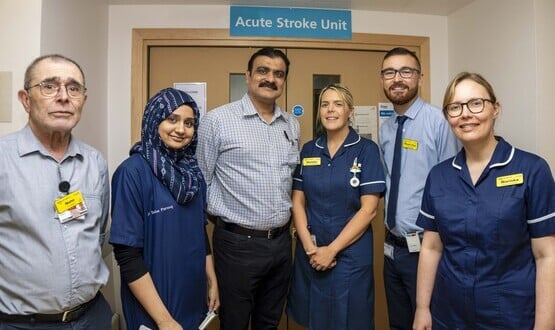N3 ‘stifling innovation’
- 10 November 2010
The N3 network is stifling innovation, preventing information sharing, and addressing fundamentally the wrong security issues, a question time session at eHealth Insider Live 2010 agreed.
A panel including Brian James, chief executive of The Rotherham NHS Foundation Trust, Joanne Shaw, chair of NHS Direct, and Andrew Haw, chief information officer of Circle Health, felt that the NHS needs to start using the same high speed networks as the rest of the world.
Shaw called for a convergence in technology as the NHS moves into an era of shared decision making, in which people call on health and social care resources to look after themselves.
“To have that support from people who are communicating in ways that are separate from the everday is not where we want to be,” she said.
She gave an example of how N3 is stifling innovation, citing a study of an interactive decision-making tool for patients that would help them make decisions about their treatment.
“There was a real fall off between those who were eligible and wanted to try it and those who actually used it, even in a pilot site,” she said.
“The security issue of logging into a secure network to use it caused enormous difficulties. Patients were just not able to do it. We really need a convergence of technology.”
The N3 network had originally been designed as a secure means of communication between NHS workers and for keeping NHS data safe, added Haw, a former chief information officer at University Hospitals Birmingham NHS Foundation Trust.
But, he said: “I think it addresses the wrong security question. Devices should protect themselves and applications should protect themselves.”
In The Rotherham, community child health workers such as health visitors and school nurses, faced the ludicrous situation of sharing their offices with social workers – but not their IT or network, said James.
“They are sitting and looking at each other’s screens but are not able to share information,” he said. “It’s absolute madness and we need to do something about it.”




